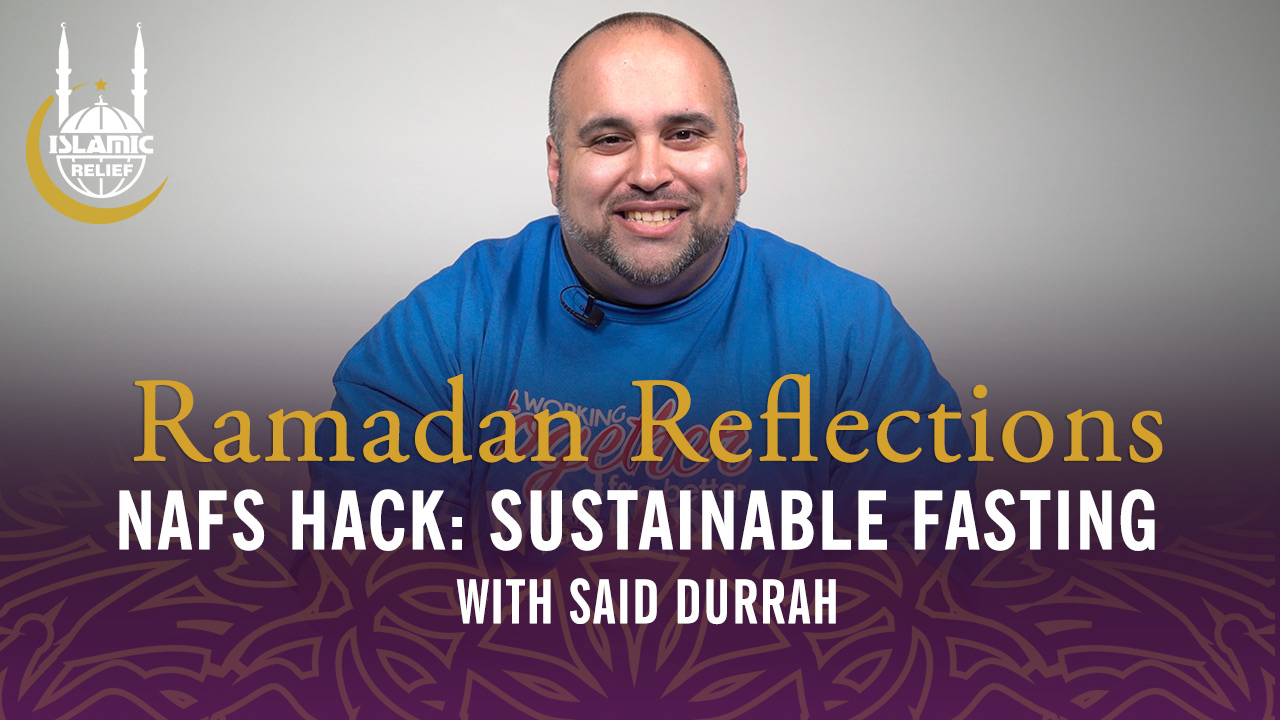From the Heart: Loving the Yateem
Islamic Relief USA’s Lina Hashem reports how one dedicated Islamic Relief USA donor has dedicated a significant part of his life to helping orphans in Afghanistan.
Ahmad Sohail Ayam has an extra motivation to get to work every morning. Well, more like 41 extra motivations. They’re the orphans he sponsors.
Ayam is from Afghanistan and so are his orphans, but that’s not why he sponsors them. It’s because he’s seen how the poor are living there, right now in the 21st century, after decades of war. Especially the yateem—the orphans.
“There are people living in the 10th century,” he said. “I saw them last year when I was there. Poor yateem live in a cave, and this is no joke.”
Ayam has always put something aside for people in need, even back when he was a young security guard working two shifts, 16 hours a day. But his motivation kicked into high gear on a trip to Afghanistan more recently, when he visited an orphanage (one not run by Islamic Relief).
“I have a son, tall good-looking, young, and he’s autistic, and I see how much my wife, my daughters and my other son do for this beautiful precious kid,” he said. “And here was this little innocent angel who had nobody, living in this orphanage, and on top of that being disabled. It touched me.”
All the children in that orphanage were disabled. And they had another thing in common—they hadn’t eaten any dinner when he arrived that night.
“I said, ‘Excuse me? Do you have a fridge?’ They said, ‘No, but here is our kitchen.’ I opened pots just to see if they had anything. There was nothing in that kitchen—just a few onions, a few potatoes, but nothing even to cook for them.”
He took another look at the caregiver and realized she looked weak and hungry too.
“Unexpectedly I realized that my beard is getting wet and water was dripping down my face,” he said. “I’ve witnessed a lot of sad things, but this time the tears wouldn’t stop.
“That day I swore I will do my best to support the yateem.”
Ayam did some work on his own, but when an Islamic Relief representative asked him to sponsor an orphan, he agreed. And not just one. Masha’Allah, he dedicated an amount of money each month that’s enough to sponsor more than 40 children.
“When I was approached by Islamic Relief and they asked me to sponsor their yateem, I felt obligated and honored because I believe in the management of Islamic Relief—they are dedicated and they are honest,” he said. “I see what they’re doing inside Afghanistan. I checked and found out that poor people do get good support from Islamic Relief.”
Ayam owns a small business, but he doesn’t consider himself rich. He just considers this essential.
“We as Muslims are obligated to help the yateem—to help every human being in need, but yateem are emphasized so much that I feel responsible,” he said.
“I strongly believe Prophet Muhammad’s (SAW) promises that when you do zakah, your money doesn’t go down—totally the other way around. Everything I do something, I get something in return.
“Once you have a feeling for something, doing it is not that big of a deal,” Ayam added. “I’m asking each and every brother and sister who reads my comments, please build that feeling inside your house. You must do something.”
He built that feeling inside his home, reminding his children at the table that others were hungry, and giving them a little extra allowance to put in a charity jar every week. Recently, he found out that one of his sons, at 21 years old, is now sponsoring orphans himself, without letting anyone know.
“We as Muslims have to think of our brothers and sisters,” he said. “If we don’t, then who should think about it? Who should support them?
“If you and I get hungry, we can do something about it. At least we can go to a McDonalds. But a yateem—maybe he’s a little kid who cannot walk, and there is no McDonald’s in his neighborhood, and 99% of his neighborhood is as poor as him.
“I’m not asking each and every individual to support 100 or 200, to give up everything you have. If you can’t afford five or 10, support one. At least when you go to bed, you think that ‘Wow, I did my job.’”




